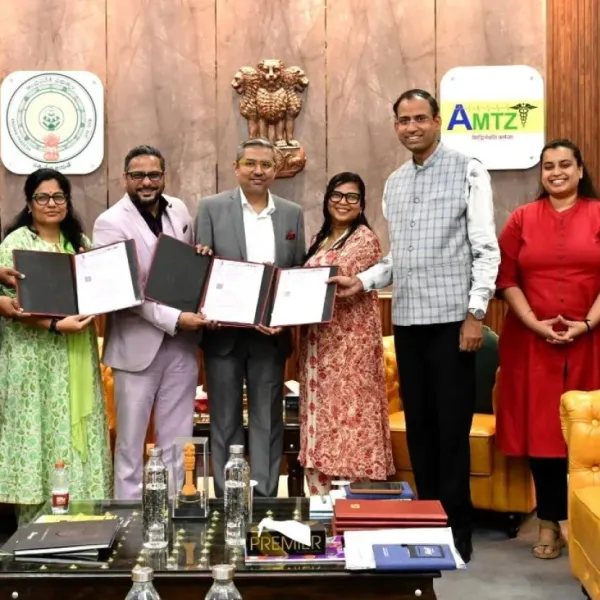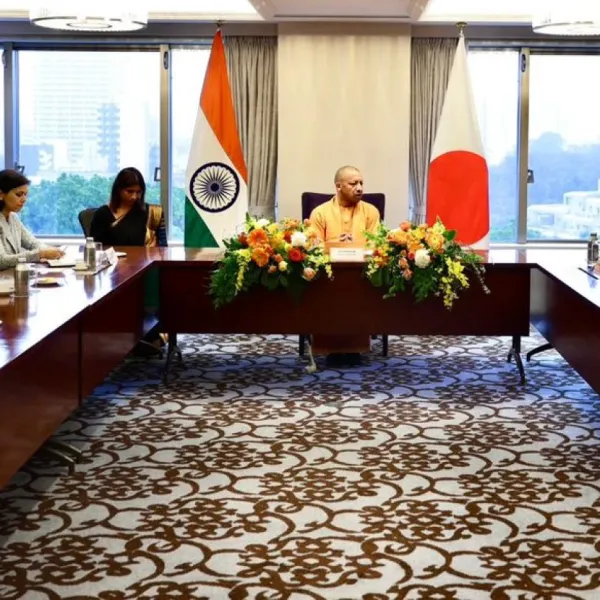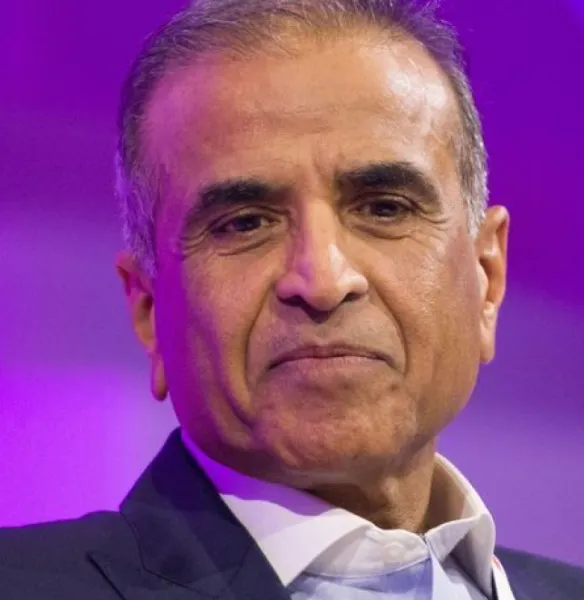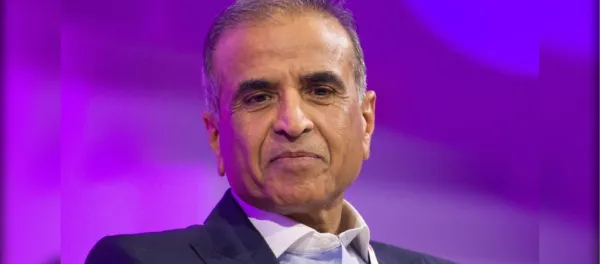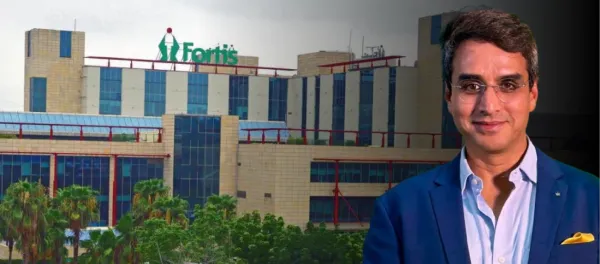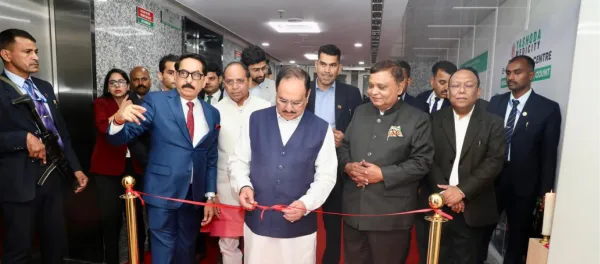TN Health Dept Signs MoU with IOCL to Foster TB Diagnosis

While the government had increased testing by 40% in the previous year, the TN Health Minister said that doctors wanted an additional fleet of diagnostic equipment to increase the capacity to identify both drug-sensitive and drug-resistant TB cases.
Tamil Nadu Health Department has signed a Memorandum of Understanding (MoU) with the Indian Oil Corporation Limited (IOCL) to eliminate tuberculosis by 2030.
The MoU seeks to procure and supply diagnostic equipment for tuberculosis under IOCL’s Corporate Social Responsibility (CSR) Initiative.
This initiative aligns with the government’s broader efforts to reduce TB mortality, as evidenced by initiatives such as the Tamil Nadu Kasanoi Erappila Thittam (TN-KET) which means TB death-free project that significantly reduced early TB deaths.
Expressing thoughts, Ma Subramanian, Health Minister, TN, said, "In 2023, the state found 96,777 TB cases by testing around 20 lakhs sputum samples. At least 2,500 patients had drug-resistant TB cases. These cases were identified after testing nearly 3.9 Lakh sputum samples with the rapid molecular testing equipment."
While the government had increased testing by 40% in the previous year, the Minister continued to add that doctors wanted an additional fleet of diagnostic equipment to increase the capacity of identifying both drug-sensitive and drug-resistant TB cases.
Reportedly, Tamil Nadu contributes to 4% of the country's tuberculosis burden annually. In an effort to address this issue, IOCL has extended its support.
Previously, IOCL supported the National TB Control Programme as part of its CSR initiative, indicating its ongoing commitment to combating this disease. This new partnership with the Tamil Nadu Health Department is another step in that direction.
Earlier, a parliamentary panel urged using drones, data integration systems, and mobile apps to enhance tuberculosis (TB) surveillance, control, and eradication efforts across the country.
Following a successful model implemented in Himachal Pradesh, the committee also proposed using drones to transport TB samples and drugs in challenging terrains. The usage of drones significantly reduced transportation time and operational costs.
In November, WHO recognised India's substantial progress in reducing TB in its Global TB Report 2023. According to the report, TB mortality rates for India reduced from 4.94 Lakhs in 2021 to 3.31 Lakhs in 2022, marking a substantial reduction of over 34%.
The report attributes India's success to intensified case detection strategies, leading to the highest-ever notification of cases in 2022, surpassing pre-COVID levels with over 24.22 Lakh TB cases notified.
Key initiatives launched and scaled up by the government, including specialised active case-finding drives, expanded molecular diagnostics to block levels, decentralisation of screening services through Ayushman Bharat Health and Wellness Centres, and private sector engagement have played a crucial role in narrowing the gap in missing cases.
Stay tuned for more such updates on Digital Health News









